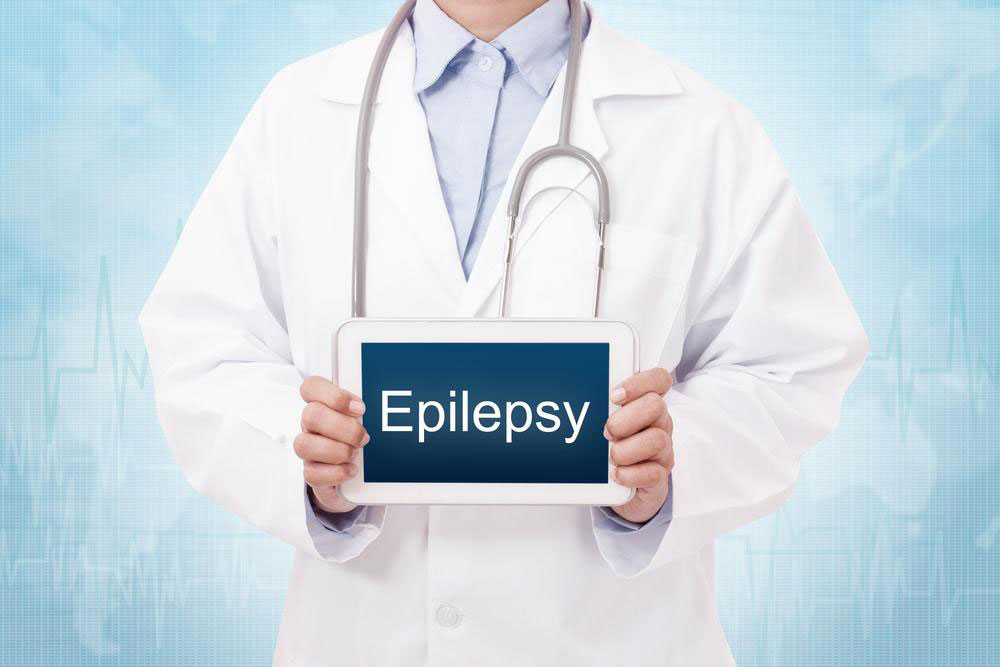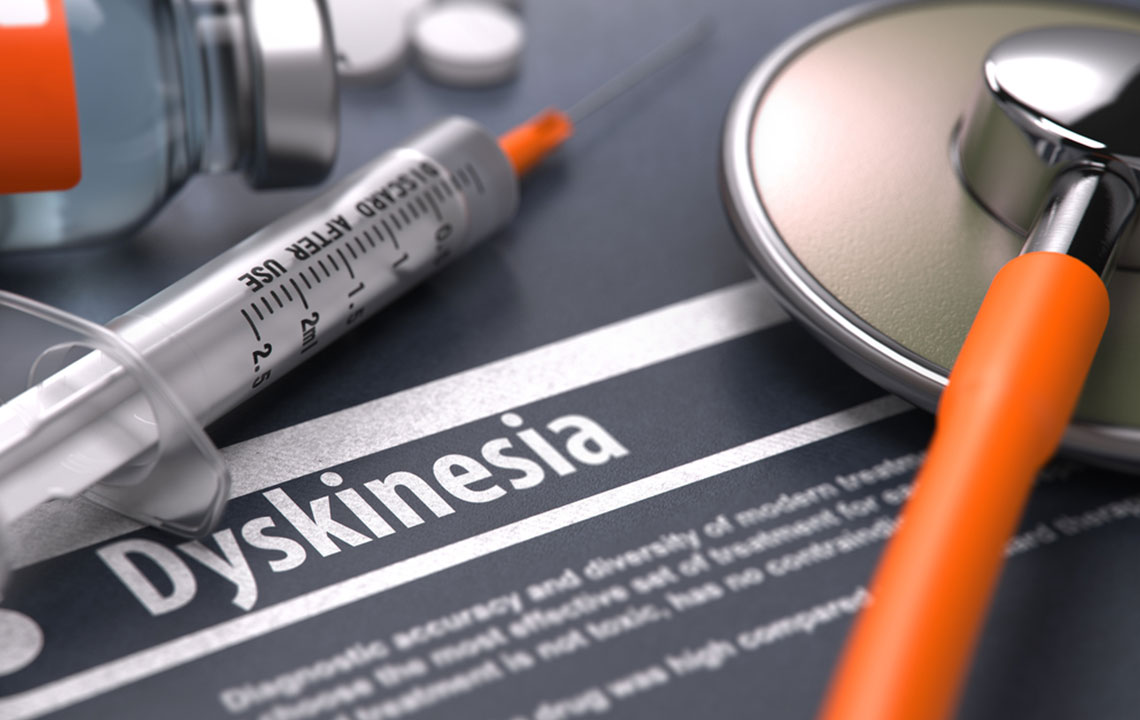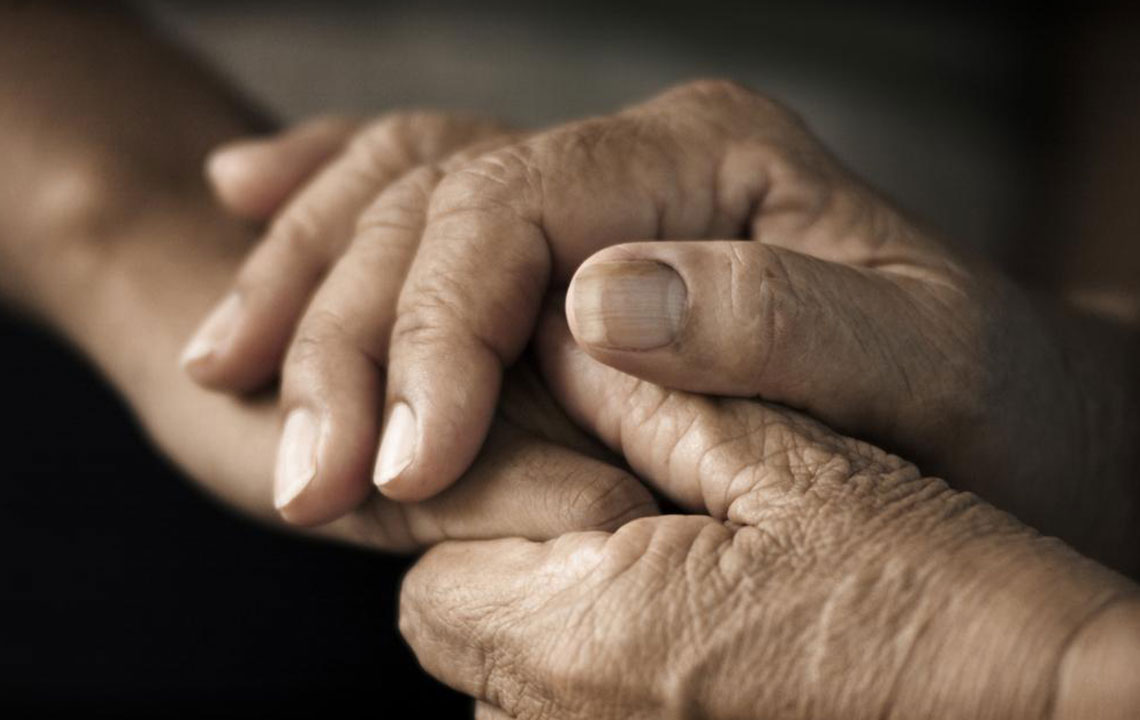Complications involved in neurological disorders
Emotions are always concomitant with neurological disorders. When someone is handed down a diagnosis of a neurological disorder invariably the receiver is bound to have a shock of some sort. Invariably no neurological disorder is to be viewed lightly and the prognosis, the progress of the treatment and improvement are all worries. There is always uncertainty about the course of life in the future. If by misfortune it needs a surgical intervention, then the anxiety of what is going to happen ahead and the worry about treatment cost that will befall the family if there is any malignancy involved are all that ever pervades the family’s mind.

In cases where the treatment is very prolonged or a cure is not possible this emotional stress, a constant companion can push the patient into a depression. From the medical point of view, it is another battlefield opened. The war is to be fought on two fronts and co-opting a psychiatrist would be necessary. This would entail additional medical costs leading to more stress, Besides, the interpersonal dealings can also undergo changes aggravating the situation. There is every chance of the cycle becoming vicious. It would call for a great effort on all the parties involved to pull the patient out the deep pit of depression.
Another complication is when the patient has an addictive tendency and is exposed drugs. Some medicine used in the treatment of neurological disorders have addictive tendency. The patient can grow dependency on a medicine if one uses a medicine continuously for a long period. In all these cases the treatment has to be two-pronged and the facility one visits need to have that capacity to offer. The facility should have the wherewithal to make the dual diagnosis of the addiction and the neurological disorder and treat them. In drug dependency, the patient also suffers withdrawal symptoms. The normal manifestations of this are nausea, headache, and tremors. Handling the withdrawal and the neurological disorder together needs special expertise. Similarly, addiction and deaddiction is also a dual problem. In drug de-addiction, the withdrawal symptoms are far serious issues and need expert handling.




